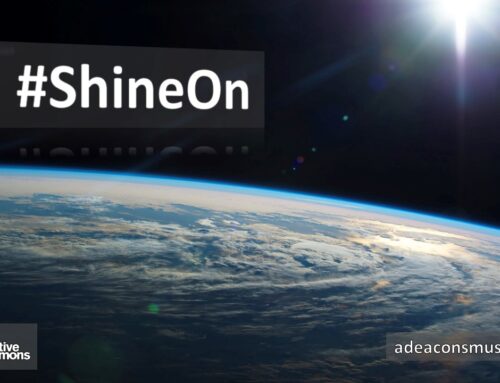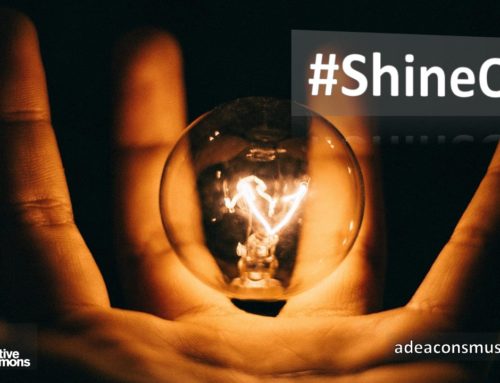“We want to be honest and open,
but we are not willing to risk being ourselves in a group of sisters and brothers.”
(Kirkpatrick, Small Groups in the church, The Alban Institute)
My personal experience in small groups, whether as a participant or someone in leadership, has been transformative. My background has moulded me to be resistant to trust, to engage with others. I suspect that this is connected with a sense of vulnerability and the need, in turn, to ensure that I remain in control. The need for control, however, is not so much connected with the need to direct others, as much as it is to ensure that I remain in the ‘driver’s seat.’
I am also, in a not-so-paradoxical manner, seeking intimacy and relationship. I do not think this is an unusual hope in a dominant culture that pushes people into individualised perspectives that we are islands in a sea of tumult, that we can go it alone and that trusting others will do more harm than naught.
The generation of which I am a part, Gen X, is reflected in this emotional tension in which I find myself. I am wary of trusting others, lest they fail me, lest I make myself vulnerable to the point that someone may misuse my offering and sharing. I have seen and experienced politicians, pop-culture icons and men and women in authority misuse their power consistently enough that I am not only distrustful, I am exhausted by the false platitudes filled with hollow apologetic. I am cynical that change can occur and that institutions, especially those that purport to be places that house God, can truly be places in which the Holy can be experienced. And I, truth be told, also long for those people and places in which I can be who I truly am – where I can remove the mask, where I can be honest that often, in moments of self-reflection that is not meditative, but isolated, that I am simply ‘faking it.’
Within small groups I have felt the trust and space to begin to wrestle with and claim the gifts and skills that I possess. These experiences stand in opposition to the distractions of the self-doubt that are encouraged by a culture that advocates a perspective of guilt, as opposed to blessing, that wants rights, while avoiding responsibility; a milieu in which people are often left adrift to find their own path for fear of the community.
My first experience of the power of community occurred 4 years ago during the Leadership Development Module with the Centre for Christian Studies. This space was, and is, not easy for me – but it is a place in which I have been able to authentically ‘go deep;’ to confront my predisposition for the intellect, while avoiding my emotional responses. I have come to realise, since that time, that my temptation of the might of the intellect – imagine a cross between a Sherlock Holmes and Vulcan logician – avoids the complex and biological reality that all human responses to external and internal stimuli are grounded in the biochemical reaction known as emotions. Our ability to process and analyse them, however, are secondary, not primary.
Finally, in these safe places, I have discovered my own Call to Ministry. A Call that is not tempted to tell people the answer, to put others on the right path in order to appease some check-box, star-sticking God, but to listen and ask questions that might, with hope and patience, offer another man or woman the opportunity to become fully who they already are, to experience the Holy in the embrace of community.







Your reflections are most welcome!